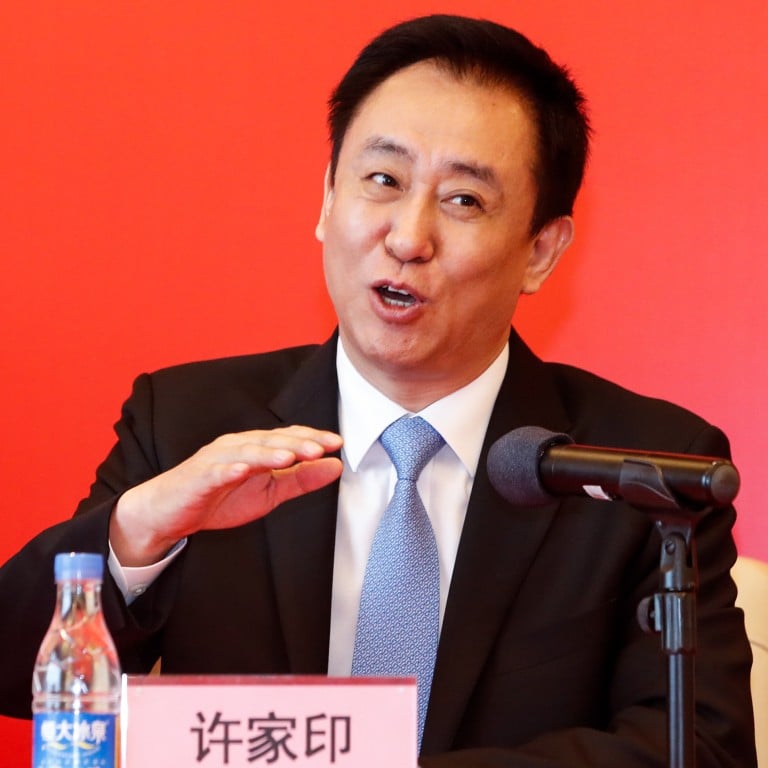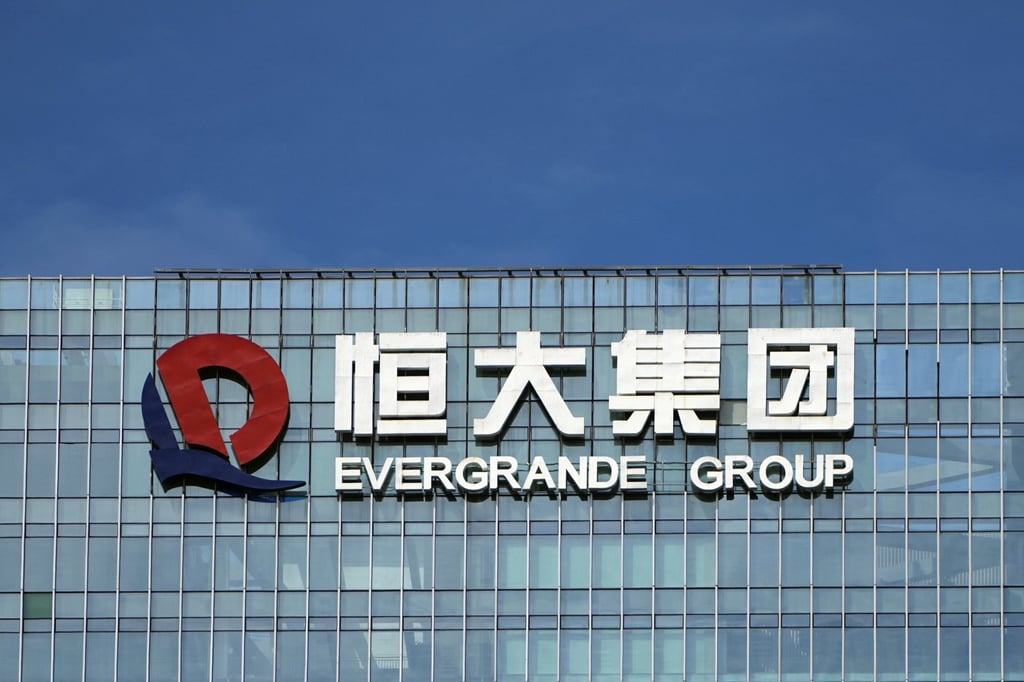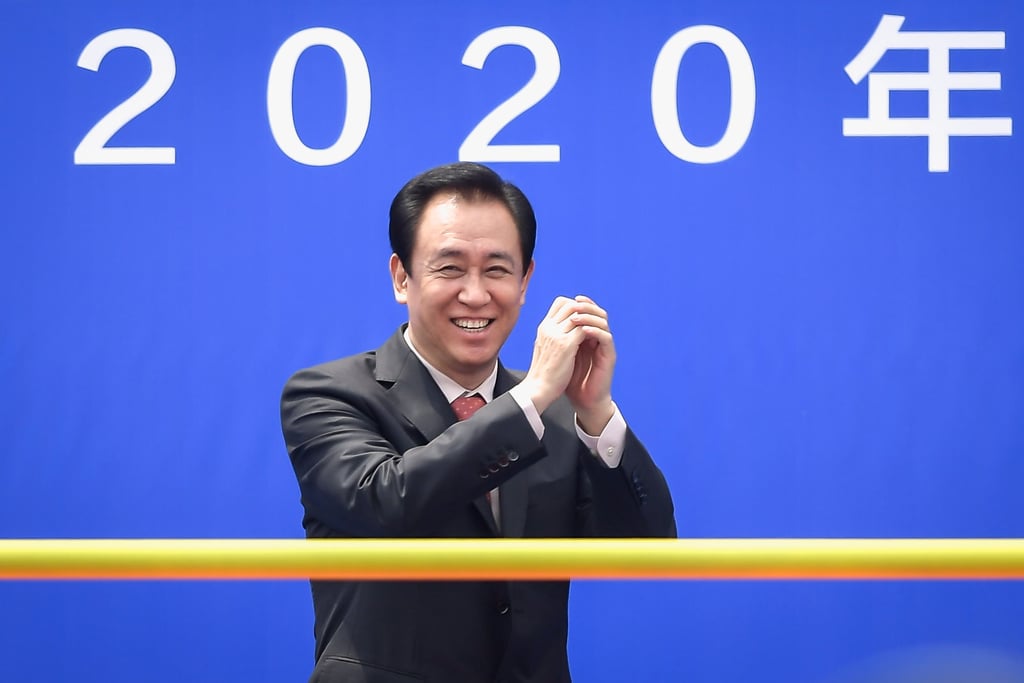Meet Evergrande CEO Hui Ka-yan, the billionaire behind the giant Chinese property developer in danger of defaulting on US$300 billion in loans

- If real estate behemoth Evergrande collapses, experts warn it could shake the entire Chinese economy – and it’s already knocked billions off its CEO’s bank balance
- Hui Ka-yan, or Xu Jiayin, tried to challenge Elon Musk’s Tesla in the electric car game, bought winning sports team Guangzhou Evergrande FC and is working on amusement park Evergrande Fairyland
Property giant Evergrande is teetering on the edge of defaulting on US$300 billion worth of loans that it took to build projects it can’t sell off.

But while the company continues to sag under the weight of its liabilities, its chairman and founder, the billionaire Hui Ka-yan, has been earning billions from Evergrande.
Keep scrolling to find out more about Hui Ka-yan.
Hui Ka-yan was worth US$27.7 billion in March, though he’s lost a substantial amount of that wealth since

Hui Ka-yan, 63, was worth US$27.7 billion in March, according to a Forbes billionaire list that placed him as the 53rd richest man in the world. But after Evergrande’s stock plunged 80 per cent this year, he lost a significant amount of his wealth.
Accounts vary at the total loss. Forbes estimates he’s now worth US$11.3 billion. Meanwhile, Bloomberg’s billionaire index puts his net worth at US$7.6 billion after losing US$15.8 billion of his fortune this year. Either way, he’s still very rich.